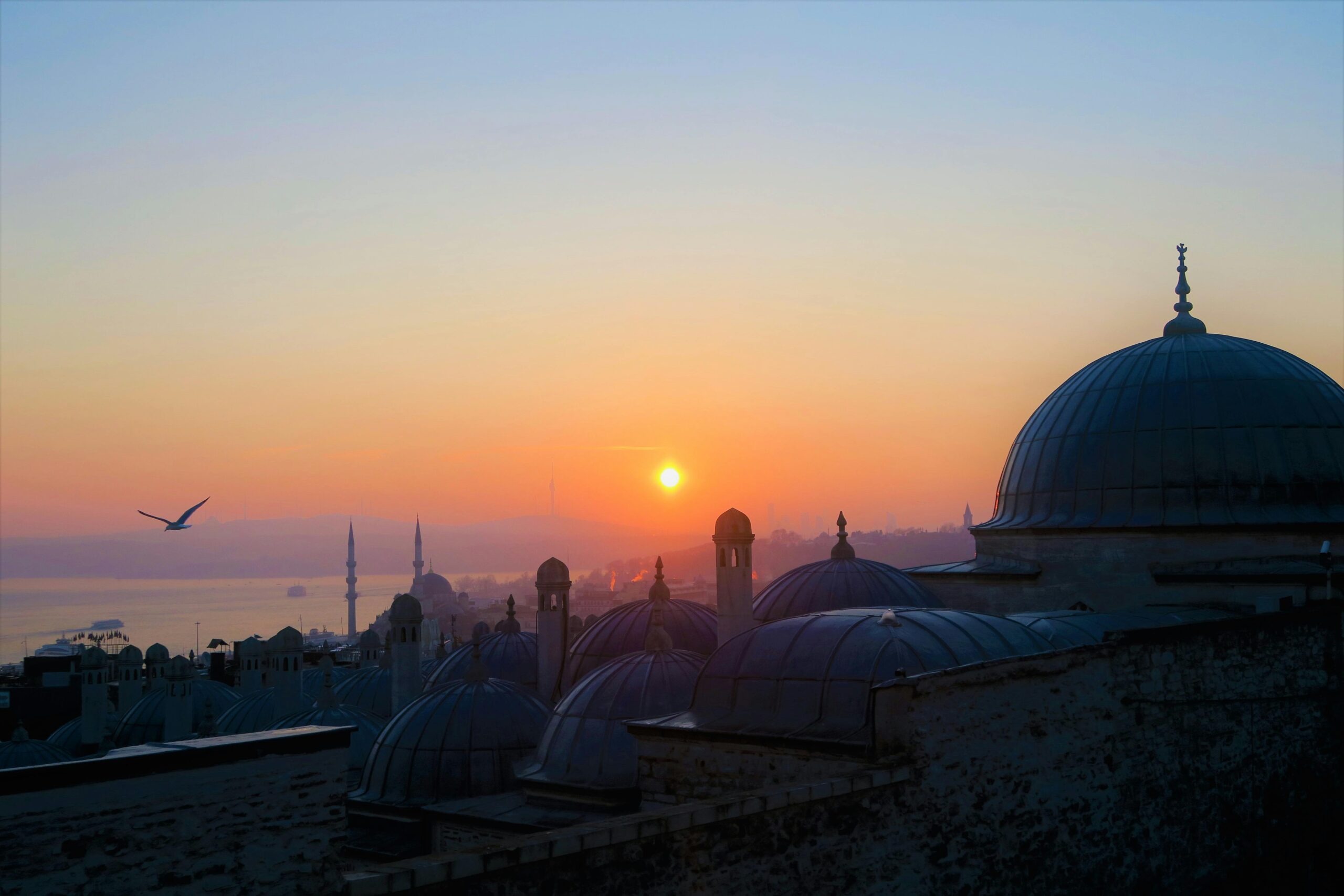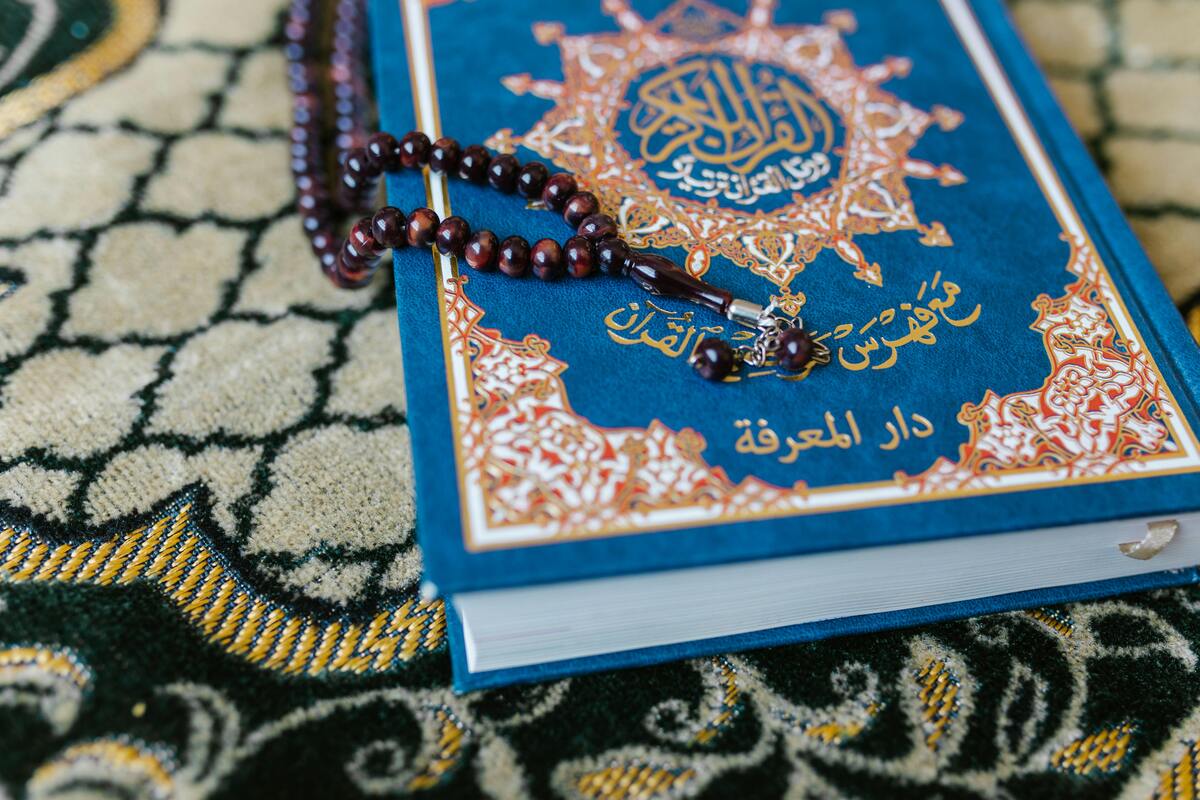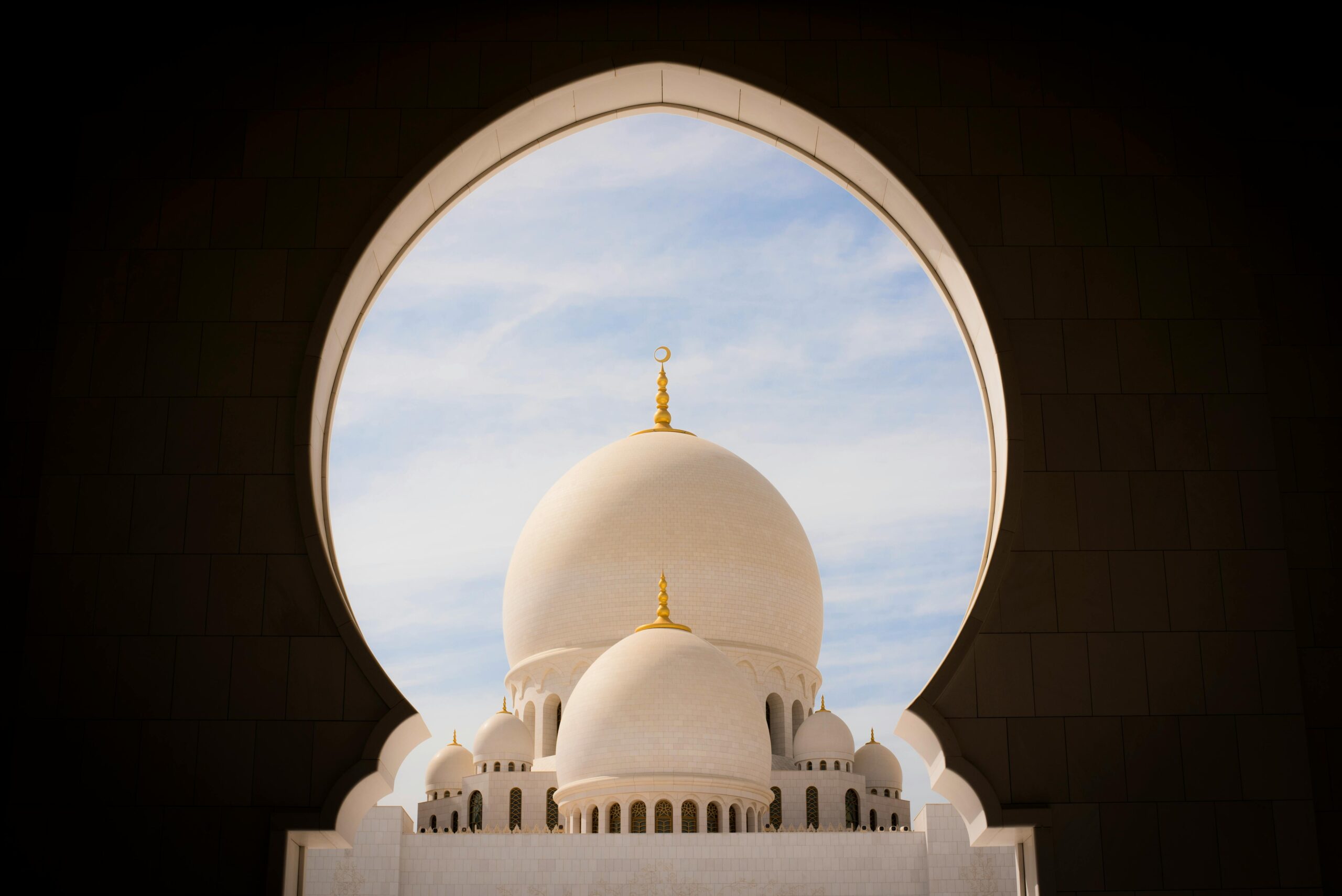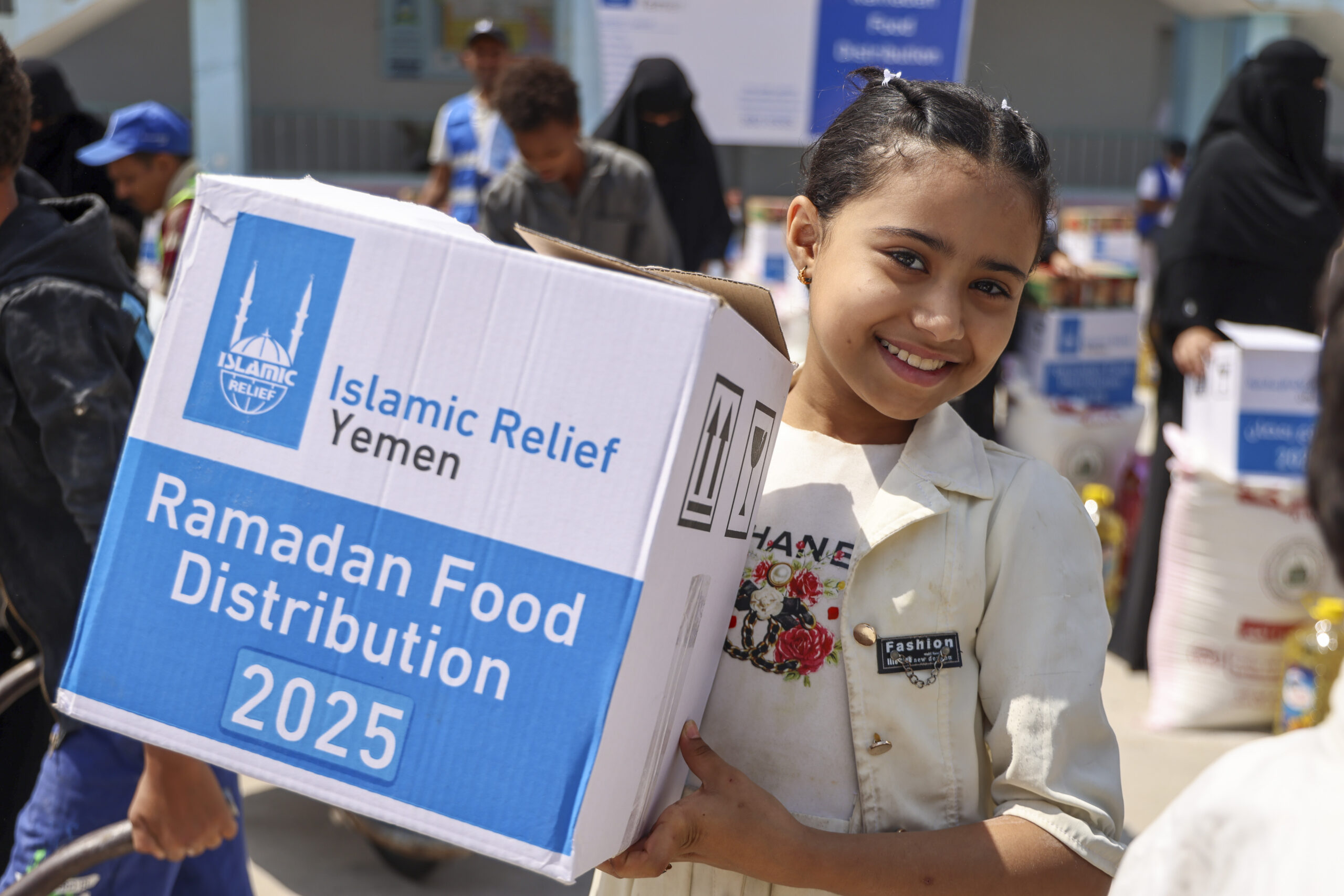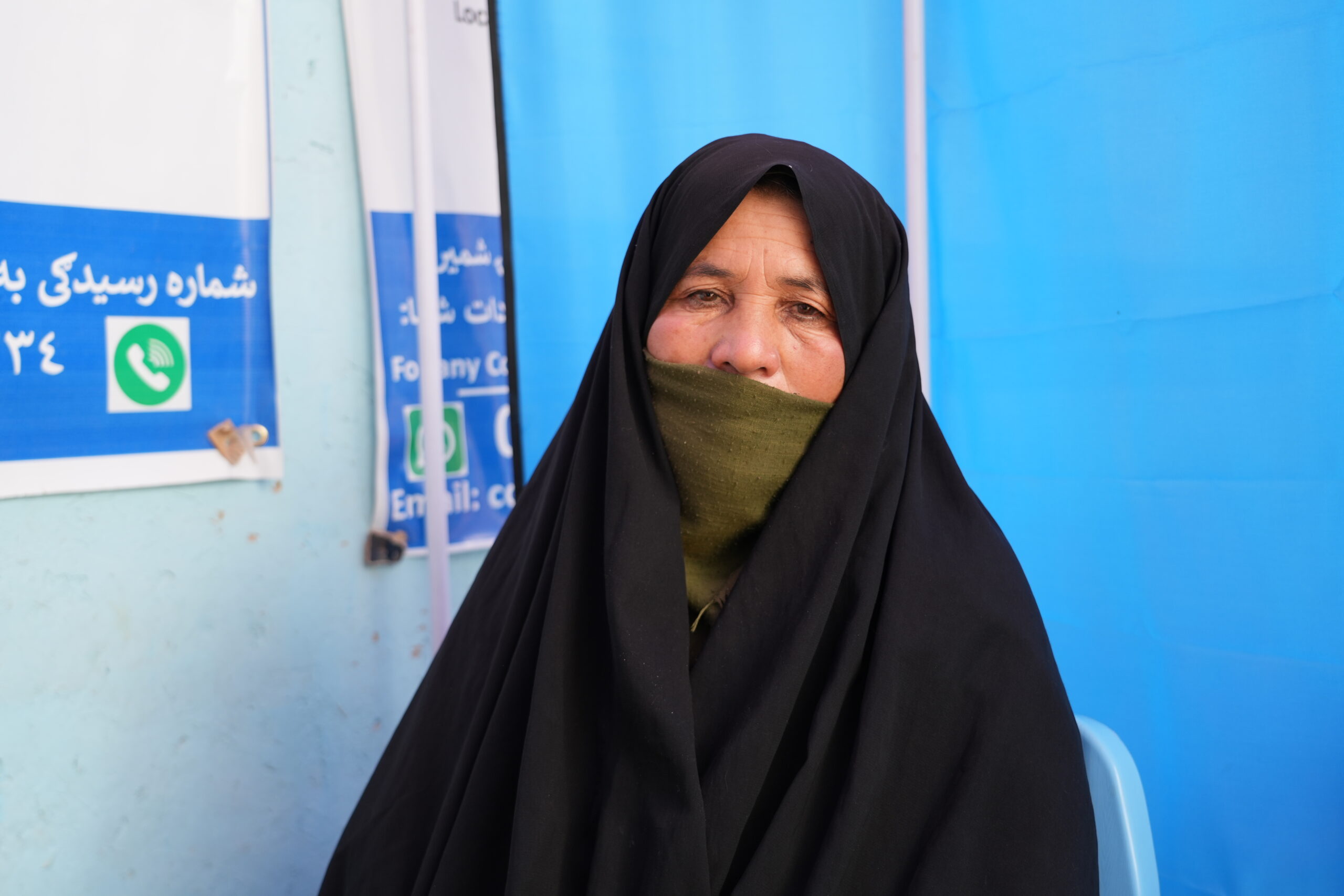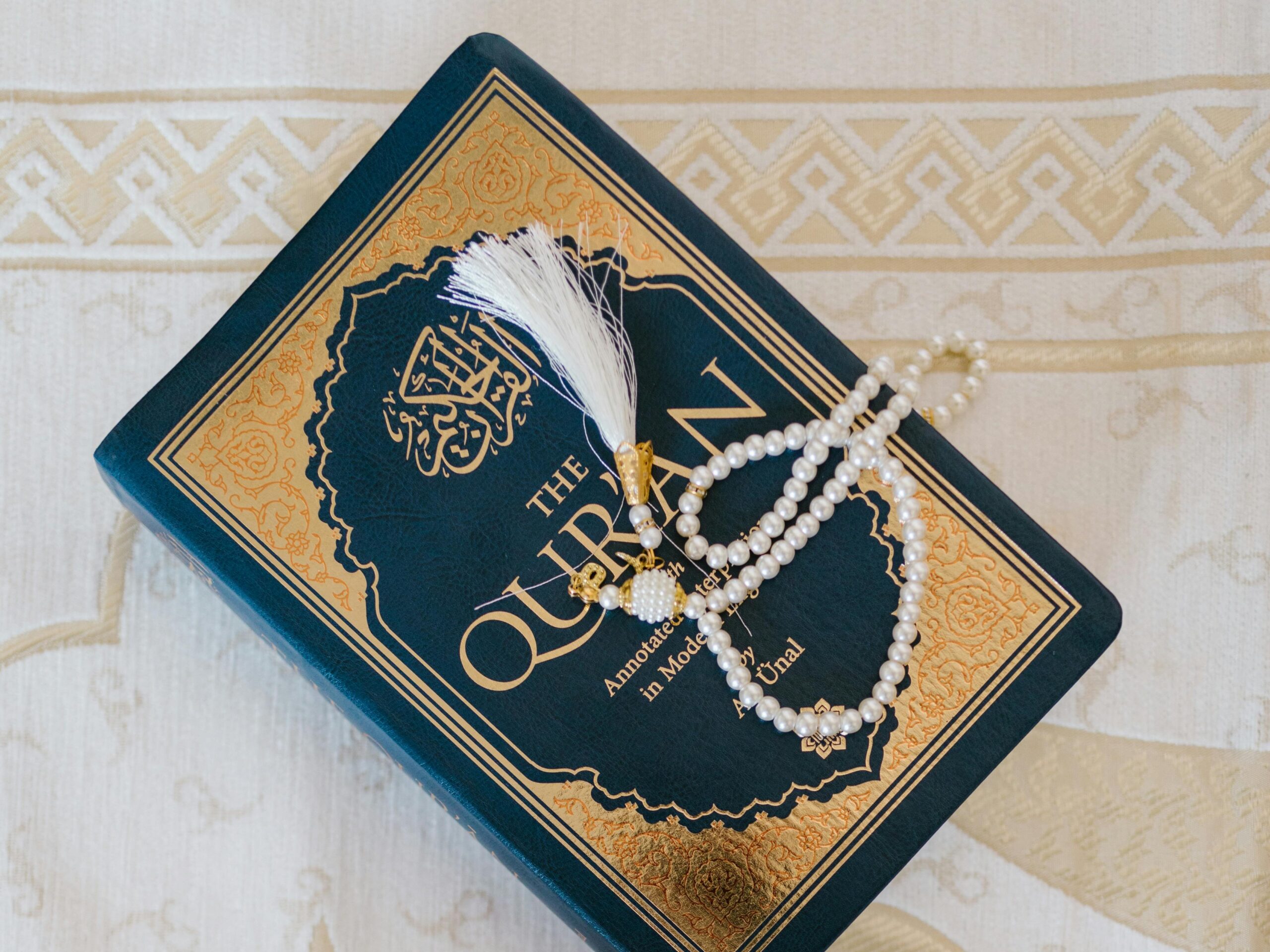
02.12.25
Ramadan Preparation: How to Build Your Action Plan
With the Holy month of Ramadan just around the corner, Muslims across the globe are rushing to prepare themselves for this sacred time – including us!
Ramadan is a marathon that rewards you for doing your best and participating in it from start to finish. With each trial faced, with each sincere intention made, with each act of worship (ibadah) carried out for His sake, Allah (SWT) promises His believers multiplied rewards and blessings.
Allah (SWT) created Ramadan to be a fulfilling experience for the believer. It’s a month that’s made to ease the heart and mind and purify the body and soul. But if you’re not sure where to start, don’t worry! Here are some easy-to-follow Pre-Ramadan preparation tips to help you build your action plan for the month!
Note Down the Bad Habits You Want to Break
Ramadan, a month of mercy and forgiveness, is one of the best times to break bad habits. For one, Allah (SWT) has locked all Shayateen (devils) during this time. Thus, He makes it easier for us to stay away from harmful acts. Likewise, having to fast from dawn to dusk for the whole month further encourages us to control our appetite. It also helps keep our actions in check as we receive more rewards for it.
Keep yourself accountable by first noting down the bad habits you feel confident in getting rid of for Ramadan. Then, write down the steps you plan to take to break that habit. For example, one habit you might have is praying at the last minute. Here is a list of actions you might want to take to break it:
- Set an alarm 10-15 minutes before prayer time (or your local Juma’at time) so you have time to make wudu or ghusl and get yourself in the mindset for prayer.
- Get a friend or family member to ask if you’ve prayed or not well before prayer time ends.
- Make sure you’ve packed a lightweight prayer mat (Sajadah) and wear clothes you can pray in if you plan to go out.

Of course, some habits are harder to break than others. Especially if it’s one we’ve had for many years. But, even if you start small, every effort you take towards bettering yourself for Allah (SWT)’s sake will weigh heavily in your favour. In this life and the Hereafter.
Write Down Your Short-Term and Long-Term Goals
Many of us go into Ramadan determined to make the most of it. We make plans to perfect our Salah (prayer), read more Quran, learn more about Islam, give more charity, and do more good overall. However, it can be hard to stay motivated or know if we’re improving on our good habits if we don’t have specific goals in mind.
Keep yourself focused by writing down a list of all the goals you want to work on during Ramadan. Include both the short-term goals you want to complete during the month. As well as the long-term goals you want to continue working on beyond Ramadan.

For example, maybe one of your long-term goals is to memorise the whole Quran. Then, one of the short-term goals you might list to help achieve this goal can be having a specific time of day to read and memorise the Quran (e.g. half an hour after Fajr, 20 minutes before Maghrib, etc.). Another goal can be choosing a couple of Surahs (chapters) of the Quran to memorise during the month.
Whatever your goals might be, make sure it’s doable for you. Don’t feel bad about taking things slow. Gradual but consistent improvement is better than speeding through goals just to get them done.
Going back to the Quran example, maybe for now you can only memorise one or two short surahs during the month, but one day you’ll be able to memorise a page a day or maybe even more. Ramadan is the best time to build good habits after all and you should be able to enjoy the journey it takes to develop them.
Get on Top of Your Health
Looking after our health is an important part of our faith, as, in Islam, our bodies have a right over us (Sahih Bukhari). Fasting in Ramadan includes going long hours without food and drink. Hence, we should make sure we are physically and mentally prepared for it. So, we can spend the month focused on our worship of Allah (SWT).
Before Ramadan arrives, check on how your mind and body feel. Do you have any symptoms you want a health professional to look at? A chronic health condition? Is there any medication you must take at certain times of the day? Schedule a visit with your doctor if you can. Then, ask them to help you figure out a plan that works best for you while fasting.
Even if you feel fine and don’t have any outstanding medical conditions, it’s still important to know how to look after your mind and body throughout Ramadan.
While fasting has many benefits that can help reach many health goals (e.g. losing weight, decreasing stress levels, preventing further health conditions, etc.), it can also get overwhelming or tiring.
One of the ways to combat this is by eating wholesome meals for Suhoor (or Sehri) and Iftar. This includes having foods with nutrients that help you feel energised for a long time, such as fibre-rich grains, fruits, or vegetables.

By preparing your mind and body for the month of fasting ahead, you have more time to focus on your spirituality and thus work on making the most of Ramadan’s blessings.
Make Space In Your Ramadan Calendar for Community
The month of Ramadan is a time of community. Many families gather together for iftar and Masajid (Mosques) are often fuller in Ramadan than at any other time of year, especially for Taraweeh prayer.
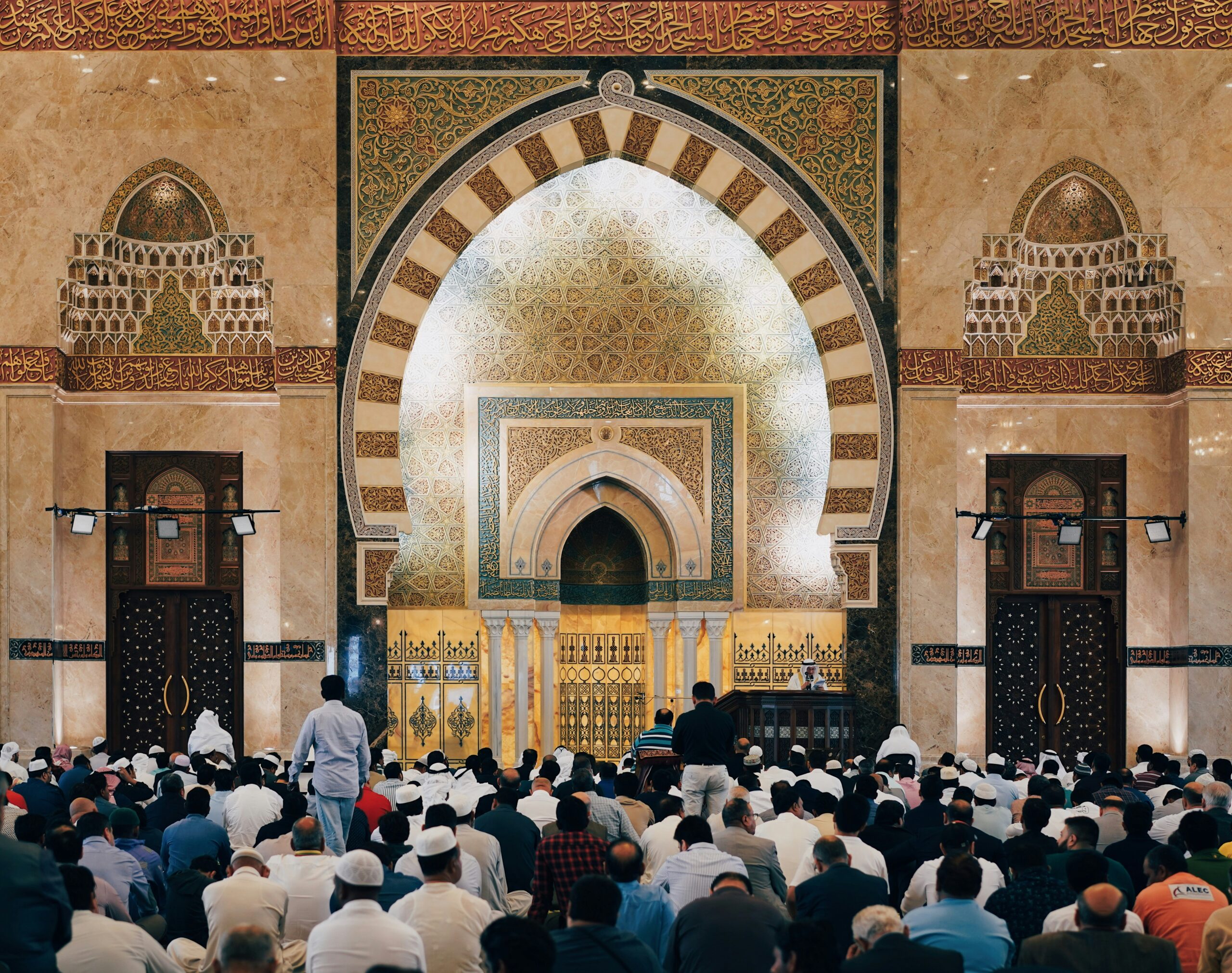
Before Ramadan, many Islamic community centres will post their schedule of activities and workshops for or in preparation for the month. Your family or community themselves might also have big events planned, whether it be iftar gatherings, fundraisers, halaqahs or Quran circles.
In either case, take some time to make note of these events in your calendar and how you can work them into your Ramadan goals.
In the month when blessings are multiplied and there are more opportunities for rewards, when we come together to worship Allah (SWT), working your schedule around the community events can help you make the most of this month. Thus, strengthening your bond with your loved ones and Allah (SWT).
Keep Your Action Plan With You Throughout Ramadan
Now that you know your schedule and goals for Ramadan, keep that action plan close to you throughout the month.
Make time each day to keep track of your progress, go over the goals you need to work on and see what events you have on that day. By having this system in place, it helps make Ramadan less overwhelming and can even encourage us to keep these organised habits even after the month ends!
So make the most of the time you have left before Ramadan to make an action plan. Be sure to take note of all the habits you want to break and your key goals (short-term and long-term). Likewise, keep up to date with your health requirements and any plans you, your family or your community might have for Ramadan.
Get the Ramadan Journal
How do you make the most of Ramadan? For the most blessed time of the year, here’s a daily planner to help you stay organised.

